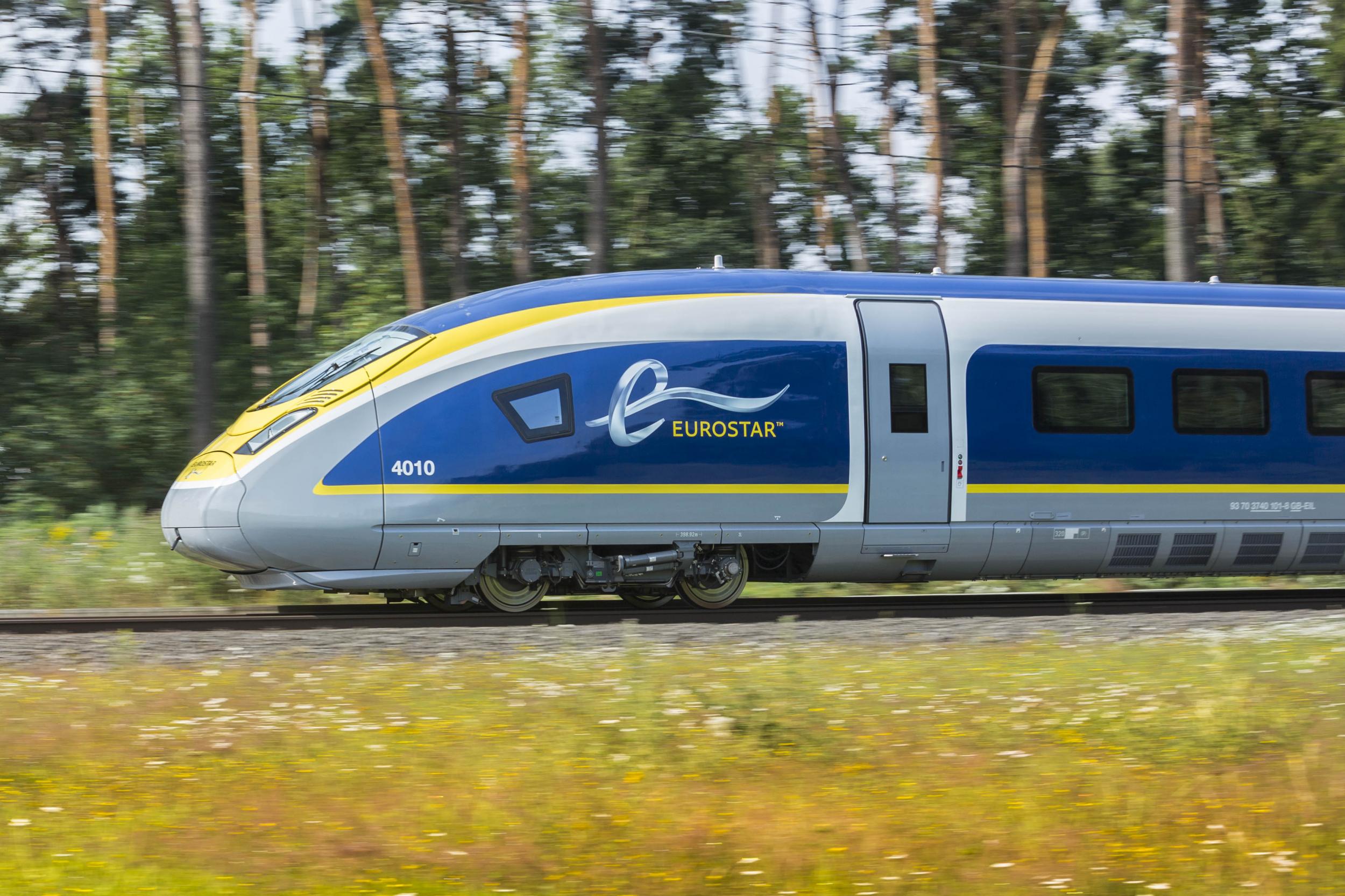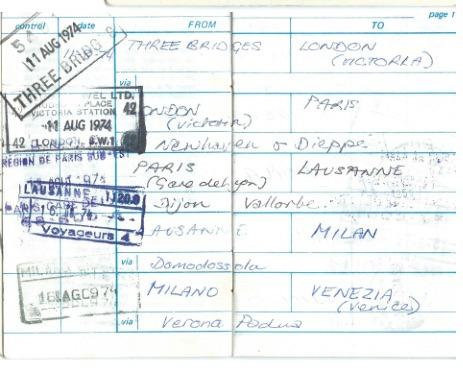European rail operators must be kinder to delayed travellers, industry expert warns
If a Eurostar train is cancelled, passengers with onward tickets may face sky-high charges

After a week of disruption to travel in Britain and abroad, a leading rail expert has demanded that Europe’s train operators stop penalising passengers who encounter delays.
Mark Smith founded the Seat61 website, named for his favourite first class seat on Eurostar, and campaigns for travellers to switch from air to rail. But he believes that archaic railway rules comprise a deterrent to passengers planning long-distance journeys.
“Europe’s railways are opening up to competition, with multiple train operators offering cheap fares especially if you book ahead,” he told The Independent. ”This is good news for travellers, bringing more choice, better service and lower fares.”
But when things go wrong, Mr Smith believes there is inadequate protection for passengers who put together a sequence of advance purchase fares.
“With separate tickets, often tied to a specific train and worthless if you miss it, a missed connection may mean buying new onward tickets at expensive, full-flex prices.”
Over the weekend, Eurostar cancelled 10 trains linking London St Pancras with Brussels and Paris because of bad weather. All passengers were rebooked on alternative departures.
Eurostar is part of the Railteam alliance, which operates a “hop on the next available train” policy, known as HOTNAT. It allows passengers connecting between high-speed trains to transfer without penalty — but only if the first one is late, rather than cancelled. Nor does it apply to ordinary, non-high-speed connections.
Travellers with a cheap advance fare deal to Germany, France, Italy or Spain who missed the connection might have to spend hundreds of pounds on new tickets.
For example, Brussels to Berlin advance tickets can cost under €40 (£35) one way; but if the booked train is missed, the “walk-up” fare on German Railways is €171 (£151).
Mr Smith is calling for the treaty governing international rail travel in Europe, the Convention Internationale pour le transport des Voyageurs (CIV), to be brought up to date.
“With a ‘through ticket’, you’ve a cast iron legal right to later onward travel at no extra charge under the CIV,” he said. “But through tickets covering multi-leg journeys are becoming a rarity. The CIV should be revised to cover passengers making a through journey and missing a connection, even if it includes multiple tickets with multiple operators.
“If Europe’s railways are to work as a network, and not become a collection of stand-alone services, this is essential,” said Mr Smith.
The CIV treaty was signed in the Swiss capital, Berne, in 1970. It was an era when every European rail network was run by a monolithic national operator. International tickets were invariably written under CIV terms, which meant “distressed passengers” — those whose connections went awry — were automatically protected. In addition, many young budget travellers used the InterRail scheme, which allowed unlimited travel and therefore made missed trains irrelevant.

“If we return to those days, this problem goes away,” said Mr Smith. “But if we want a dynamic rail market with many competing operators, the problem will get bigger. The CIV is no longer fit for purpose in this new world.”
Opponents to increased rail passenger protection argue that no such cover exists for multi-airline journeys on separate tickets. But while many longer journeys in Europe are easily accomplished by a single flight, such as Manchester to Malaga or Birmingham to Rome, the equivalent rail journey requires several legs and operators — bringing in a missed connection risk that does not apply to air travel.
Airline passengers with separate budget bookings do not have the same protection as those on through tickets. But new innovations such as the Gatwick Connects scheme eliminates financial risk for passengers who are “self-connecting”.
Nicky Gardner, co-author of Europe by Rail, said: “The CIV regulations were conceived in another age and desperately need updating. In practice, even though passengers’ rights may be thin, most operators do show some understanding for passengers making international journeys who miss a connection.
“Our experience is that a smile usually gets a welcome concession. But where a through ticket is available, our advice is most definitely to get it. Loco2 has been doing a fine job in tackling the while issue of through ticketing.”
In June 2017, many national operators signed a voluntary commercial agreement known as the “Agreement on Journey Continuation” (AJC). But unlike the rights that many European airline passengers enjoy when their flights are disrupted, there is no automatic right which can be readily asserted by rail travellers.
Join our commenting forum
Join thought-provoking conversations, follow other Independent readers and see their replies
Comments
Bookmark popover
Removed from bookmarks